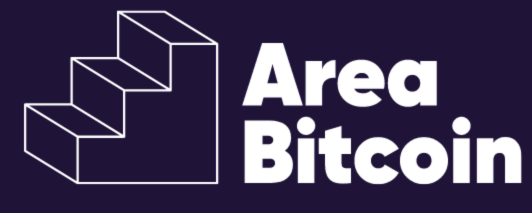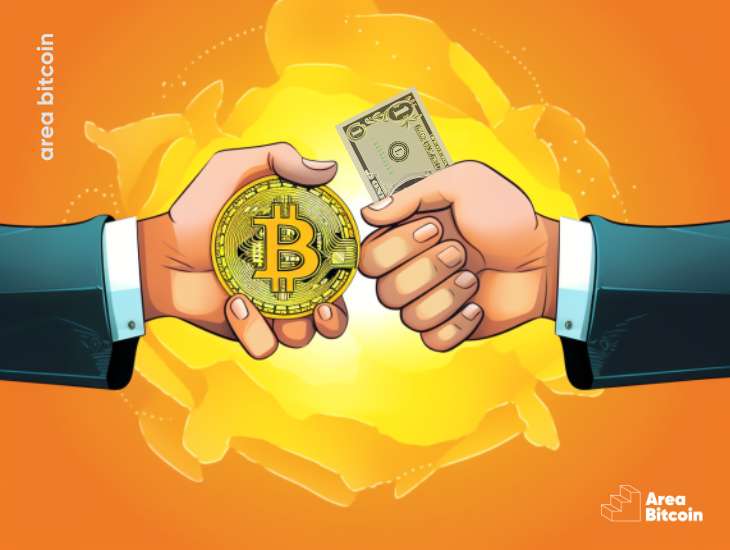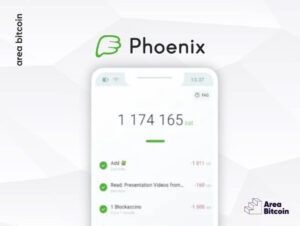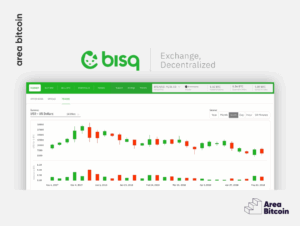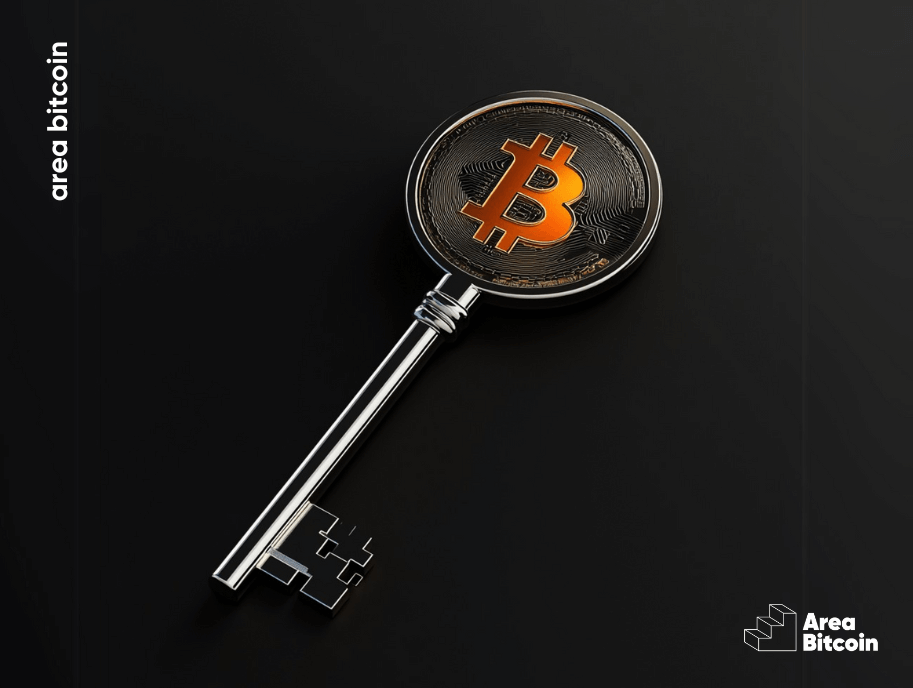In P2P transactions, Bitcoin is bought and sold directly between individuals, without banks or centralized exchanges. It’s a person-to-person transaction, free from third-party involvement.
Additionally, any exchange of goods or services in Bitcoin between two people can also be considered a P2P transaction.
Read on to explore how these direct exchanges work!
Table of contents
What is P2P?
P2P stands for “peer-to-peer,” a term used to describe direct interactions and negotiations between two individuals. The abbreviation comes from the English pronunciation, where “P” and “2” sound similar to “peer” and “two,” which closely resembles “to.”
This is how Bitcoin was originally traded before the emergence of exchanges.
As the market grew, various exchanges appeared. However, P2P trading still exists and will likely never disappear because Bitcoin is open source and decentralized. Even if intermediaries are restricted, people can still trade directly with each other.
The old word-of-mouth has been amplified
The internet has transformed traditional “word-of-mouth,” greatly expanding the ability to find people to trade Bitcoin with online.
Anyone can act as a P2P participant, facilitating trades within their online and offline social circles.
It has to match!
The methods used to connect buyers and sellers vary in complexity and impact on privacy, sometimes involving legal risks. Those looking to buy or sell can connect through messaging apps, forums, discussion groups, social media, and even specialized platforms.
Additionally, some people offer services to connect interested parties, sometimes charging for matchmaking or even providing intermediary support during transactions.
As a result, the amount of financial information shared depends on the trust level between the parties involved.
Each participant must understand the benefits and trade-offs of these interactions.
Even exchanges that handle asset custody take advantage of their brand to offer a separate service where they display a list of buy and sell orders placed by customers. This allows market makers and takers to finalize transactions with each other, as well as conduct operations between both parties.
Some exchanges help resolve potential complications, while others inform that the risks and necessary precautions will be solely the responsibility of those involved.
Related articles:
Decentralized arbitration
One of the best ways to trade directly and reduce the risk of regulatory interference is by using decentralized tools.
These platforms operate without a single owner, maintained instead by the community.
They not only display buy and sell orders but also offer solutions to disputes through mechanisms backed by incentives and penalties, promoting fairness in transactions.
Where to find a Bitcoin P2P?
With many options constantly emerging and disappearing, the best way to find people to buy and sell Bitcoin is through reputable companies, individuals, contacts, and recommendations—both online and offline.
However, here are some good options:
Bisq
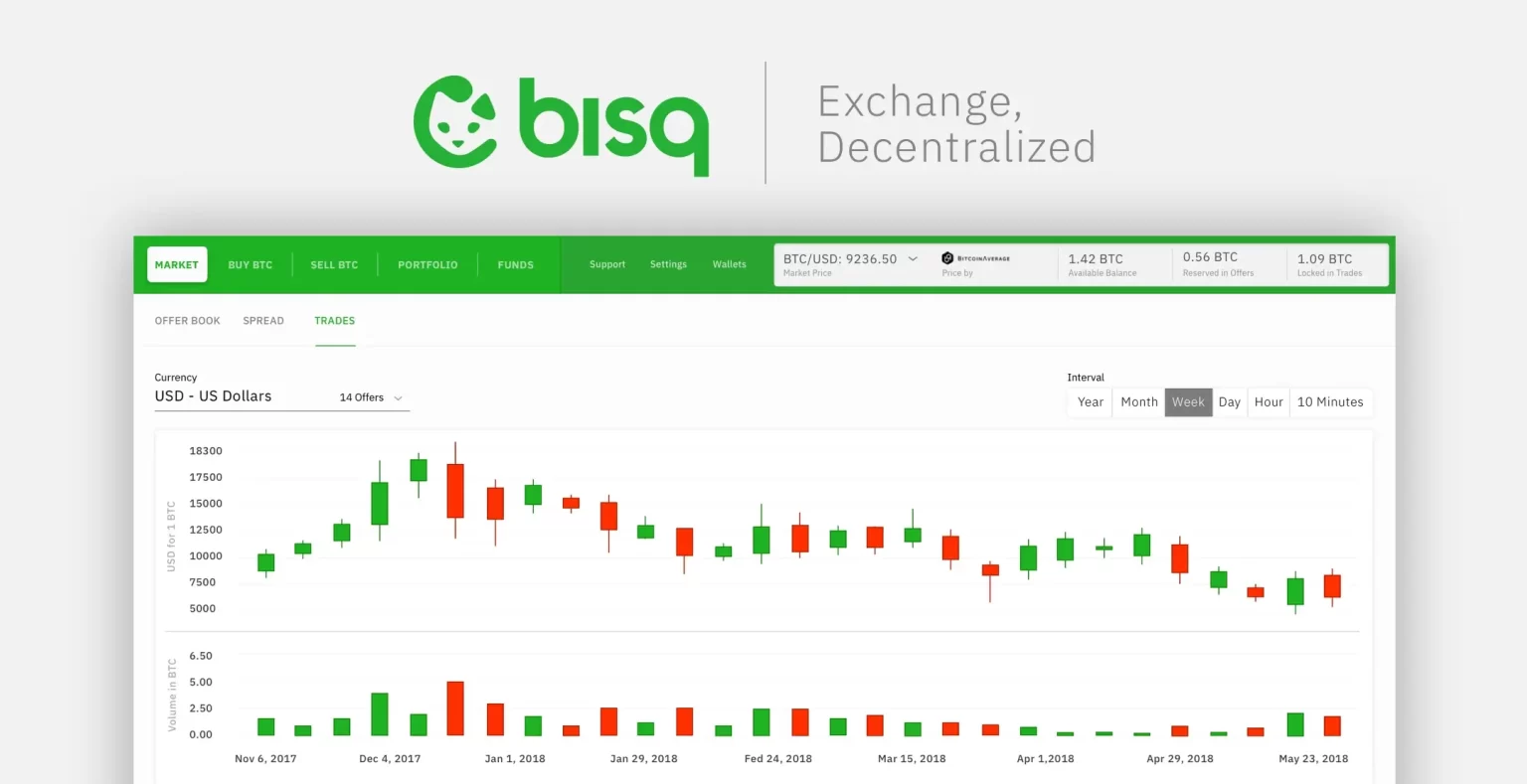
Bisq is a well-known P2P platform that enables global trading with no intermediaries. This open-source desktop software lets users choose the transaction method when creating or accepting buy and sell orders.
Anyone can review and audit the code, ensuring transparency and trust in every transaction.
Because there are no intermediaries, the platform requires a security deposit as insurance against disputes. If issues arise, a Decentralized Arbitration Organization (DAO) can be used to resolve them.
Arbitrators operate under conditions that promote impartiality and protect honest users from non-compliance. When everything runs smoothly, both parties recover their locked collateral.
Bisq stands out for its privacy-focused approach, offering a solid alternative to traditional exchanges for those seeking financial autonomy and freedom.
Hodl Hodl
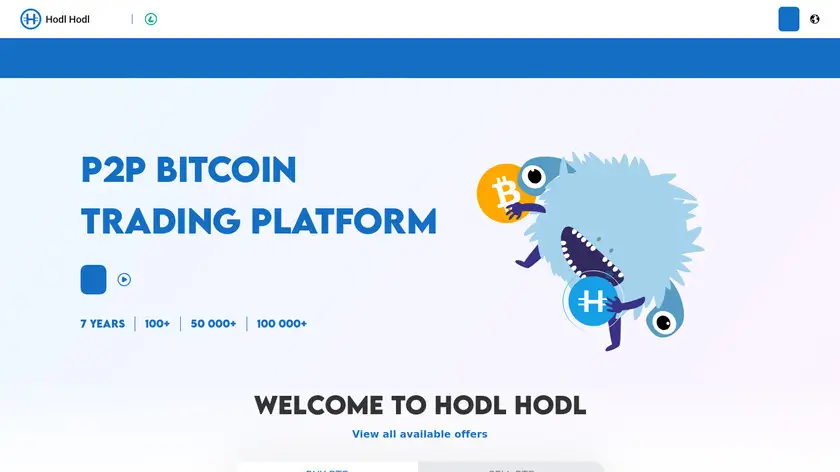
Hodl Hodl is a peer-to-peer platform primarily focused on Bitcoin. Its core aim is to minimize the role of intermediaries in transactions between buyers and sellers.
Founded in 2016 by Hodlex Ltd in London, Hodl Hodl stands out for its strong anonymity policy, as it doesn’t require users to follow Know Your Customer (KYC) or Anti-Money Laundering (AML) procedures.
The platform operates as a non-custodial service, meaning it doesn’t hold user funds. Instead, it serves as a meeting point, with Hodl Hodl acting as a mediator to ensure the transaction follows its custody policy.
Using a multisig escrow system, the platform reduces the risk of Bitcoin theft and speeds up transactions. Because it’s non-custodial, users don’t need to deposit funds in advance; instead, they connect their own third-party wallet. All trades happen directly between the parties’ Bitcoin wallets.
Hodl Hodl has become popular for its transparent, secure, and privacy-oriented approach.
Paxful
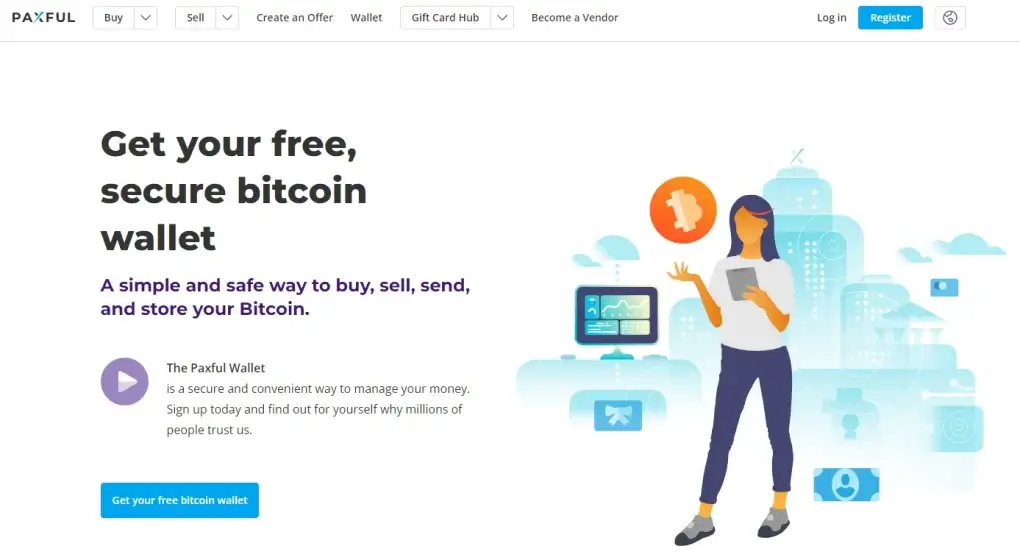
Paxful is a P2P platform for trading cryptocurrencies, founded in 2015 by a group of developers with the mission to make Bitcoin more accessible.
On Paxful, buyers send funds using the platform’s supported payment methods, such as prepaid VISA, gift cards, or Western Union, directly to the seller’s account.
Once the seller confirms receipt through Paxful’s escrow service, they release the Bitcoin to the buyer. Sellers can accept over 300 different payment methods, catering to more than 85% of international buyers.
Available worldwide, Paxful allows users to start with a minimum purchase of just $10. One unique benefit is that users don’t need to create a username or password—an email address is enough to access the market.
For those in regions where centralized exchanges are banned or inaccessible, Paxful serves as a solid alternative, usable anywhere with internet access.
With its wide range of payment options and global reach, Paxful offers a flexible solution for buying and selling Bitcoin directly, making it a popular choice for those seeking financial freedom and inclusion.
Find a reliable P2P trader through recommendations
A great way to find a reliable P2P trader is through recommendations from trusted individuals. This reduces the risk of encountering scammers or falling into traps.
Many P2P professionals operate online, with websites and social media presence. However, it’s important to take some precautions when choosing who to trade with.
Pay attention to details!
Whether the transaction is through an individual or a legal entity, check:
- If they operate individually, by word of mouth, or in an automated way;
- If they have a good reputation among the people you trust;
- If they use their own or public platform to engage interested parties;
- If they use their own or third-party applications for receiving and payment, or if they leave it up to the parties involved;
- If they intermediate during the contact between the parties;
- If they help resolve disputes;
- If they are more or less aligned with tax laws;
- How much they charge and for which stages;
- The transaction rules, implications, and administrative and financial counterparts.
There are many ways to send and receive payments:
- Handing over cash in person;
- Paying with cash at a bank’s personal or automated counter;
- You can pay deposit slips, whether at banks or lottery houses, with digital payment or cash;
- Transfers can be made online through various applications that do not require proof of purpose;
- You can use trusted family members and others to spread out and dilute amounts, avoiding regulatory limits.
Each method involves different delays and levels of privacy before completion.
The best advice is to be clear about what you intend to do and learn from the experiences of the more and less cautious, attentive, or naive, to choose a level of exposure aligned with your profile.
How to trade with another person?
To receive or send Bitcoin, the first step is to have a wallet to store your coins.
For small amounts, a hot wallet is sufficient. However, for larger sums, it’s safer to use a cold wallet that isn’t connected to the internet.
The process is straightforward:
- Contact the P2P trader.
- Specify the amount you want to buy and request a current Bitcoin quote.
- The P2P trader locks in the quote, ensuring the price won’t change even if Bitcoin’s value fluctuates.
- Transfer the agreed amount from your bank to the P2P trader.
- Once the funds are received, the P2P trader will send the equivalent Bitcoin to your wallet address.
Are the fees worth it?
The fees charged by a P2P trader can vary considerably. Generally, the percentage charged is based on the transaction amount, meaning the larger the transaction value, the lower the fee charged by the P2P trader.
Keep in mind that fees usually range from 3% to 10%, plus miner fees for transferring Bitcoin to your wallet.
So, while P2P transactions may offer direct and private deals, fees are generally higher than those charged by exchanges.
What are the advantages of buying Bitcoin via P2P?
Buying Bitcoin via P2P has several benefits, one of the biggest being speed. P2P transactions are usually much faster than using an exchange, often taking less than 20 minutes for you to receive your satoshis in your wallet.
If you’re purchasing large amounts through an exchange, you typically have to go through a lengthy registration, verification, and approval process, which can take up to two days.
Privacy is another advantage. Many P2P platforms and individual traders don’t require identity verification, unlike exchanges that ask for personal information such as address, SSN, and bank details.
Additionally, P2P trading offers flexible payment options. You can use various methods like bank transfers, PayPal, credit and debit cards, and more, depending on the trader’s preferences.
What are the risks of trading Bitcoin via P2P?
While P2P trading has its benefits, it also comes with some risks. Unlike exchanges that keep records and are accountable for transactions, P2P purchases lack intermediaries, so you need to be vigilant to avoid scams.
Unfortunately, some scammers pose as P2P traders on social media, offering to sell Bitcoin. They’ll accept your bank transfer but never send the agreed amount of Bitcoin to your wallet.
Key tip: No reputable P2P trader will reach out to you via private messages to initiate a transaction. Always be the one to make the first contact. If someone approaches you unsolicited, consider it a red flag!
To minimize risk, start by trading small amounts to test the trader’s reliability.
Conclusion
P2P transactions offer an easy, secure, and anonymous way to buy Bitcoin. Although there’s more manual effort involved compared to traditional exchanges, the benefits — like increased privacy and flexible payment options — usually outweigh the hassle.
That said, always do your research and only trade with trusted P2P traders.
Share on your social networks:
Area Bitcoin is an educational Bitcoin school that aims to accelerate the financial and intellectual sovereignty of all individuals.
Did you like this article? Consider buying us a cup of coffee so that we can keep writing new content! ☕
